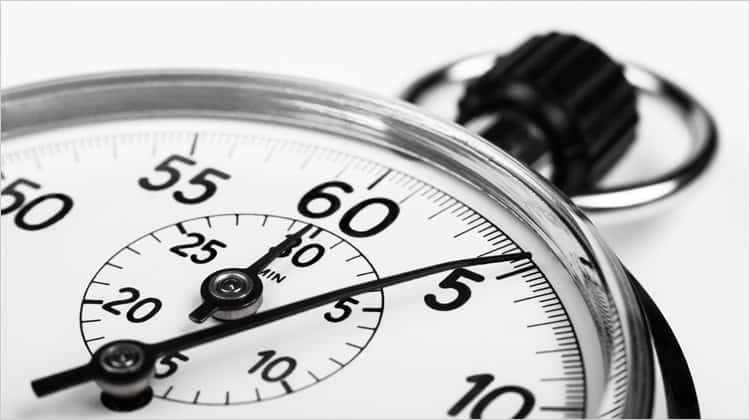
There was a famous sketch from a comedy show many years ago in, which a renowned music conductor challenged the comedian, who was playing the piano and told him he was not playing the right notes for the piece that the rest of the orchestra was playing. The comedian replied stating firmly “I am playing the right notes” before adding humorously, “but not necessarily in the right order!” That is one way of putting it, granted!
It brings to mind a well-known quote by Michael Levine, the author of ‘The Big White Lie’, who once poignantly said that “Having children makes you no more a parent than having a piano makes you a pianist.” In short, it is what we do with what we have been given that determines if we can define ourselves in that specific light.
Consider, firstly, the idea of having a piano as opposed to being a pianist. Anyone can have a piano in their house, even though all it does is catch dust. It remains closed, silent and as such often will be in the way. It might look impressive but it lies dormant.
We could add though that anyone can plonk away on the piano and have notes come out but they are not necessarily the right notes, let alone in the right order, at the right speed. Indeed, we might go further and say that someone may be able to play a couple of simple tunes like ‘chopsticks’ with one finger, but again that person could not really be called a pianist — they are only playing the piano.
For someone to become a pianist, she is going to need to learn all the notes and combinations; she must practise them and practise them again and again. She will need extraordinary patience to repeat the same thing over and over, the same things, the same small things. She will need to develop sensitivity and touch, to have a feel for the music, to what is being played, and to how to play it.
She must have an ear for the music, to feel the music and the mood, to translate all of that through her fingers onto the keys. She will need enormous energy to persevere when things do not go as expected. She must have rhythm and flexibility.
On another note, we may reflect that the act, or art, of becoming a parent is relatively simple, at times accidental, often thoughtless, requiring no real skill. In contrast, the art of being a parent is rarely simple, never accidental or incidental.
Becoming and being are very different.
- Econet says it experienced ‘rush hour data outage’
- 5000 entries for the returning Econet Victoria Falls marathon
- Econet’s award-winning stand a star attraction at ZITF
- Econet introduces ‘Smart US Dollar bundles’
Keep Reading
Simply because we have children does not make us a parent. After all, sadly, many parents are absent from their children’s lives for long times, staying silent, closed; they have children but are not parents. Equally, anyone can plonk away as a parent, doing the odd task, journey, visit, payment but not necessarily the best ones nor with the right attitude or in the right way. Many are simply playing at parenting.
We may take the analogy further and consider that moving from becoming to being a parent will require a similar journey as someone moving to being a pianist.
We have to learn all the stages a child will go through and then put them into practise, again and again and again, the small things as much as the large. We will need patience, resilience, determination to go on and on doing the same thing, reinforcing the points. We will need to have sensitivity to each child, to have a feel for where the child is emotionally, socially, intellectually and to help them. We will require energy, rhythm, perseverance, and flexibility, all of that and more. Parenting is hard work, even as playing the piano is hard work.
Jascha Heifetz, an American violinist, once said that “If I don’t practice one day, I know it; two days, the critics know it; three days, the public knows it”. We can say the same thing as a parent; people will very quickly see whether we are being the parent we are meant to be. We do not just have children; we do not just become a parent. We must be the parent; we must become a master-parent. Then the music will be heard with great delight. So, we might take the last word as well as the first word from Michael Levine for he said that there are “Three things that children ought to know: who is in charge, what are the rules and who is going to enforce them”. Parents, we are not playing at being a parent; we are automatically in charge; we must learn the rules and we must practise enforcing them correctly. And do them in the right order; that is no joke!
- Tim Middleton is the executive director of the Association of Trust Schools [ATS]. The views expressed in this article, however, are solely those of the author in his private capacity and do not necessarily represent the views of the ATS.
- Email: [email protected]
- website: www.atschisz










